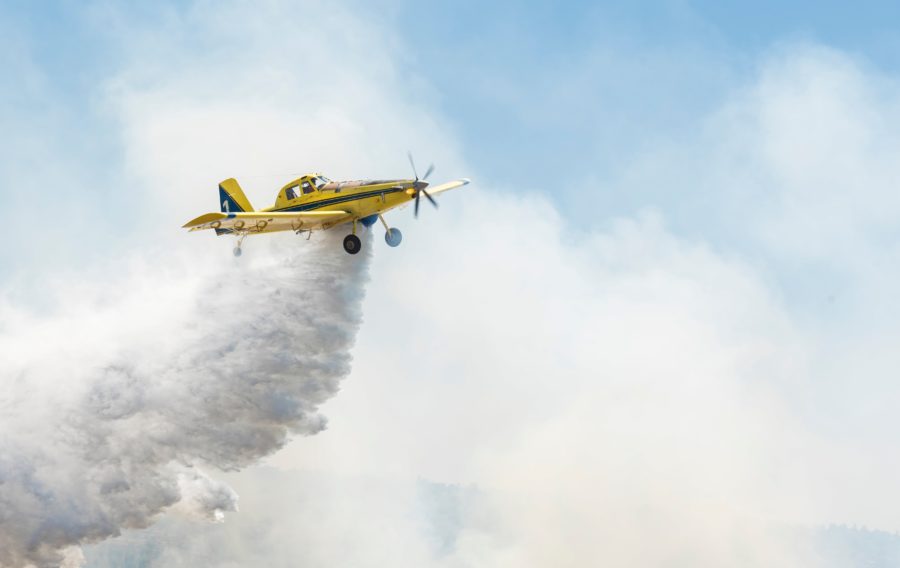
The US DoD is researching alternatives to firefighting foam containing PFAS after warnings from the environmental protection agency.
Firefighting foam containing PFAS (per- and polyfluoroalkyl substances) have been restricted by the Environmental Protection Agency (EPA) as part of a lifetime drinking water health advisory. The US DoD is researching alternatives that are not hazardous to health but are just as effective as traditional film-forming foams.
Funding from the EPA for research into alternative foams has also gone to the Naval Research Laboratory as well as academic organisations. The DoD is working with hydrologists, soil chemists, and experts in groundwater transport and bio-accumulation.
SERDP, established in 1991 by Congress, is a partnership DOD, the EPA and the Energy Department. The EPA is part of the technical committee that helps to choose which problems to work on and which proposals should be funded, and it helps to manage the projects.
Jennifer Field, a professor with the Department of Environmental and Molecular Toxicology at Oregon State University, said DOD is the key source of funding for her lab and others in the United States. Aqueous film-forming foams are also used by oil refineries, municipal fire stations and airports, so the problem goes beyond the military.
DoD experts say that the DoD is working across departments and with other nations to address the problem. The EPA regulations came in response to two substances found in PFAS foams; Perfluorooctanoic Acid or PFOA, and Perfluorooctane Sulfonate, which have been linked to negative immunological and developmental effects in humans and animals.
If you would like to join our community and read more articles like this then please click here.
environment Firefighters health military Naval Research Research US DoD








